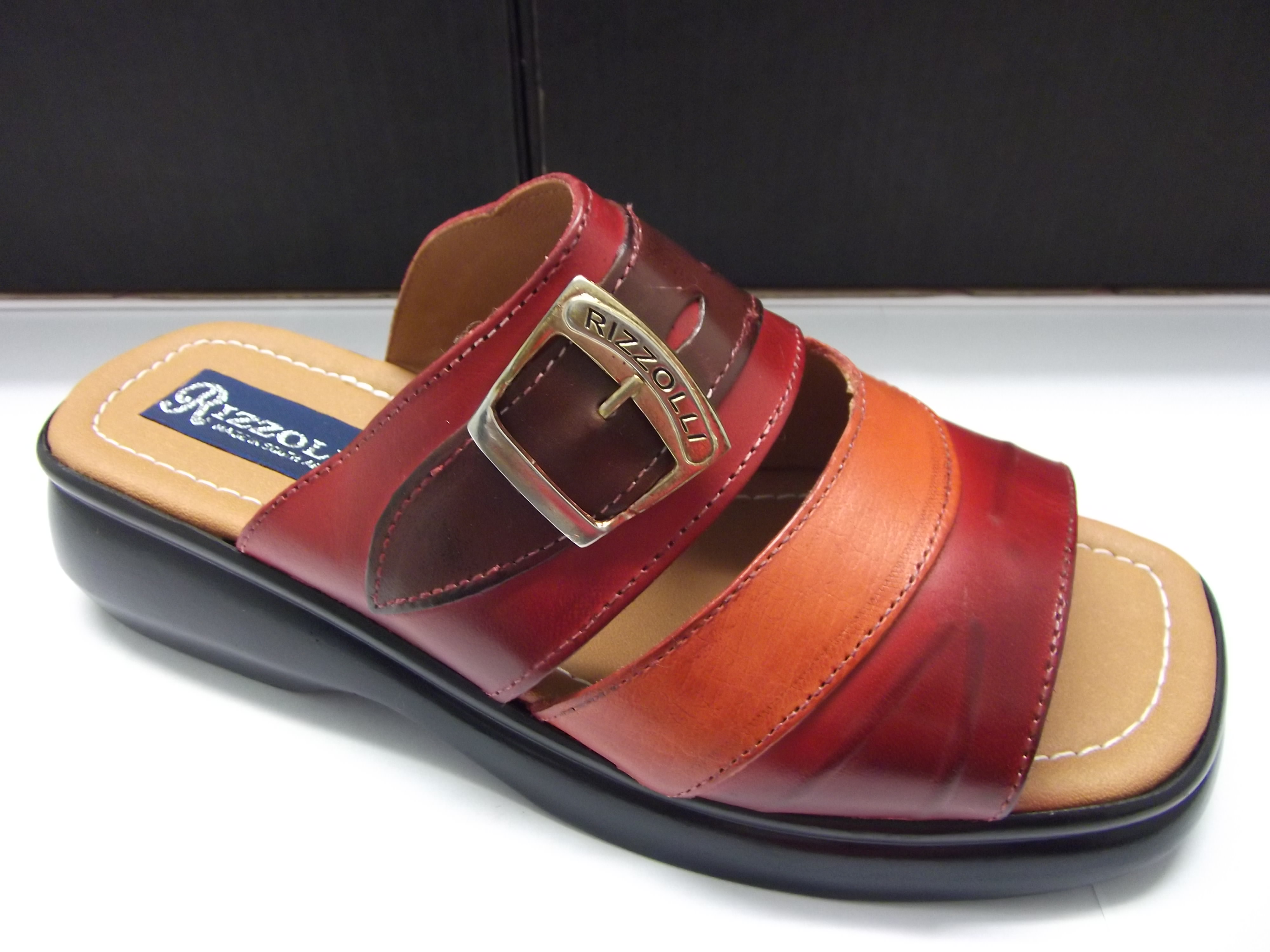
South Africa-based Best Shoes has been focusing its efforts on quality, customer service and strategy in order to continue growing its business.
Passion is needed by the bucketload to succeed in the highly competitive world of shoe manufacturing—backed up by hard work. “Shoe manufacturing is against all the odds,” says Lloyd Naidoo, Best Shoes’ marketing manager. “It is in my blood.” His father, Rodney Naidoo, founded The Leroy Shoes Group in 1995, a year after South Africa’s first democratic elections.“It was very difficult,” reflects his son. “We first sold shoes from the street because of financial constraints.”
Lloyd Naidoo’s entry into the business full-time was a natural transition, as he had learned much during his formative years when he worked alongside his father during school holidays. Upon completion of a business management qualification, Naidoo was employed and was determined to add value. The business soon grew from retailing to wholesaling and progressed into manufacturing quality footwear. The Pietermaritzburg factory now manufactures between 1,800 and 2,500 pairs of shoes per month, selling them under its brand names Leroy Shoes and Rizzolli, and catering for men, women and children. The company also specialises in Parabellum, safety, health and school shoe footwear.
Best Shoes originally only manufactured sandals, but realising that making open-styled shoes restricted its income stream and potential customer base—particularly during colder months—it progressed to manufacturing closed shoes three years ago. Most styles are the company’s own developments, with a freelance shoe designer used for the finer details. “We invested in high-tech machinery in order to improve our production methods and techniques,” Naidoo confirms.
A new style required upskilling staff. “We had a team of experts comein to give basic training to our existing staff,” Naidoo says. A higher level of expertise was needed however; and the solution was employing three new employees with the experience required. They supervised existing factory staff until their skills were at a sufficient level of competency.
Mindful of the retrenchment of staff by other well-established shoe factories, the strategy that Best Shoes has adopted is increasing exports to more countries, producing a wider range of shoes and higher volumes. “We need to keep the factory busy and people employed,” says Naidoo. “We now employ 22 people full-time, as well as four contract staff.”
Exports are focused on Africa. Best Shoes has been exporting to Ghana for two years, but the process has not been plain sailing. “Competitive pricing and making our goods affordable to the African market has not been easy, considering that we have to export them and the costs of freight and logistics involved,” explains Naidoo.
Best Shoes is reluctant to call on the incentives offered by the Department of Trade and Industry for now, although it does not rule such action out. “We would prefer to be totally independent,” Naidoo explains. “We have not been in any government discussions recently as we feel that the government is not doing enough to help local manufacturers. We tried previously, but it proved to be fruitless. There is a lot the government needs to consider.”
The problems faced include high labour costs, unions, and the general costs of localraw materials. “These factors make it impossible to beat Chinese imports!” reflects Naidoo. Other exarcabating factors are the economy and high unemployment rate. ‘This affects the consumer who cannot afford to buy local goods because of the price and therefore opts for the imports instead, which are much cheaper. For the importer it means a higher profit margin.”
Naidoo is acutely conscious of the threat that footwear imports represent to locally produced footwear. “The fact is, the number of importers in South Africa has increased tremendously! Many manufacturers are going into importing because it is cheaper. Less time is involved and you don’t have the worries of staff and labour problems,” says Naidoo. That said, he is confident that Best Shoes can meet the challenge.
Branding is one answer to the conundrum. “Our brand name is very important, because of the imports coming into our country,” Naidoo reflects. “Styles are easy to copy. We want to make customers more aware of our brand and quality. They may pay extra, but it is a quality product and truly South African.” Best Shoes sources its raw materials from local South African companies, its staff are South African and its products are manufactured in the country.
Naidoo has also been at pains to keep the business within the family. “We are a family-run business that believes in customer-focused attention. I carry out bulk ordering and liaise with our customers directly. I oversee everything,” explains Naidoo. “We have developed personal relationships with our customers and understand their requirements.” His sister, Michelle Naidoo, handles smaller orders, manages counter sales and customer care. Their mother manages the purse strings as bookkeeper and administrator, while his father Rodney Naidoo oversees production and quality control. Rodney is also the main buyer of products sourced from other local factories, for whom they are marketing agents.
Working with family has proven good for business. “We have a better understanding among one another and the ability to communicate efficiently and effectively. We all know our key roles and have the same vision and therefore work hand-in-hand in order to fullfil that vision,” explains Naidoo.
Best Shoes is involved in community projects, but prefers to keep its involvement low-key. “We do this for goodwill and not for publicity,” confides Naidoo.
Best Shoes seems set for success based on its track record of quality, unwavering customer focus and attention to strategy. “Our biggest order of 2,500 pairs came from Mauritius,” reports Naidoo. He attributes the order to the company’s advancement in technology, quality and customer satisfaction, a broader product and market range and exporting goods to African countries. This is testament to the company’s capacity to export any quantity of shoes worldwide.
Written by Samantha Barnes; research by Paul Bradley
DOWNLOAD
 BestShoes-EMEA-July12-Bro-s.pdf
BestShoes-EMEA-July12-Bro-s.pdf













